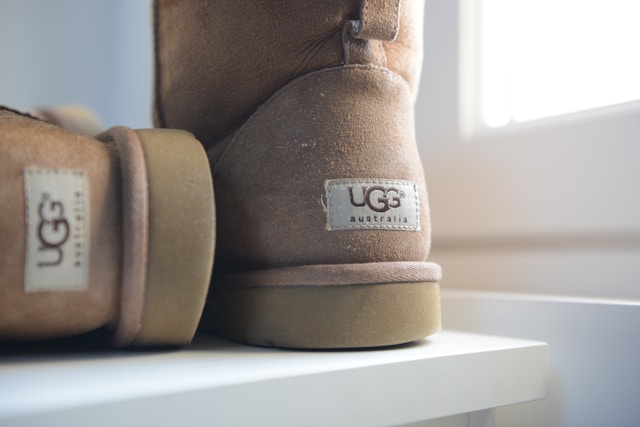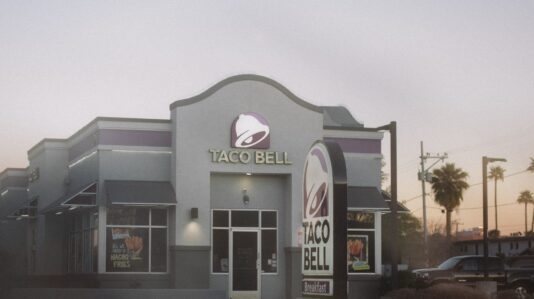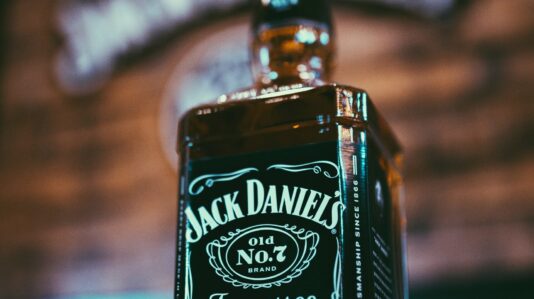A long-running trademark dispute between Ugg Since 1974, a small Australian company, and Deckers Outdoor Corporation, the global owner of the “UGG” trademark, highlights the complexities of trademark law in the international marketplace.
This case sheds light on the legal challenges lesser-known brands may face when competing against multinational corporations with extensive legal resources, as well as the importance of obtaining foreign trademark protection early.
The Ugg Trademark Battle Background
In 1985, Australian surfer, Brian Smith, founded the company that would later become internationally known as UGG in the United States. A decade later, Smith sold the company to Deckers Outdoor Corporation, which began securing international trademark rights for the term “UGG.” Today, Deckers owns the trademark for UGG in over 130 countries, including the United States, Canada, and much of Europe. It has also secured registrations in Australia for various non-boot goods like blankets, cell phone cases, and pet products.
Since acquiring the brand, Deckers has engaged in a decades-long legal battle with Australian manufacturers over the use of the term “UGG” outside of Australia and New Zealand. One of the most notable disputes involved UGG Since 1974, an Australian company selling boots under the UGG name. Following prolonged litigation, UGG Since 1974 rebranded as “Since 74” for international sales, adding a disclaimer on their website to clarify their lack of affiliation with Deckers.
This case is just one of many, as Deckers has also pursued legal action against companies such as Australian Leather and Emu Australia. The ongoing legal battles highlight the need for businesses and brand owners to secure trademark protection beyond a company’s home jurisdiction.
What is Reverse Confusion in Trademark Law?
Reverse confusion occurs when a larger, more well-known company uses a trademark in a way that overshadows a smaller, original brand, causing consumers to link the smaller company’s goods with the larger corporation. This contrasts with typical trademark infringement scenarios, where a smaller entity tries to capitalize on the established fame of a well-known brand.
In the case of Ugg Since 1974, Deckers’ widespread trademark registration in various countries has created confusion, potentially diluting the Australian company’s long-standing heritage and brand recognition.
Navigating International Trademark Laws: Lessons from Ugg Since 1974
Trademark protections vary significantly from country to country, making it difficult for businesses to safeguard their brand names globally. Ugg Since 1974 holds trademark rights in Australia, where “Ugg” is considered a generic term for sheepskin boots.
However, in markets such as the United States and Europe, Deckers has successfully secured exclusive trademark rights, limiting the ability of Australian companies to market their products internationally under the “Ugg” name.
Protecting Your Brand: How to Safeguard Your Intellectual Property
For small businesses looking to protect their brand against larger competitors, key strategies include:
- Early and strategic trademark registration: Registering trademarks in key markets before expansion can prevent disputes.
- Vigilant monitoring of trademark filings: Keeping an eye on new trademark applications can help identify potential conflicts early.
- Legal enforcement and brand positioning: Taking proactive legal steps and ensuring a strong, distinguishable brand presence can help small businesses assert their rights.
- Utilizing licensing and partnerships: Partnering with larger companies or securing international licensing deals can help small brands navigate trademark conflicts.
Can Small Brands Win Against Global Giants?
The Ugg Since 1974 case is a classic example of a “David vs. Goliath” legal battle, where a small, heritage brand fights to maintain its identity against a multinational corporation. While legal battles against major brands are challenging, history has shown that small businesses can prevail, especially when they have strong legal claims, public support, and strategic brand positioning.
Several other small businesses have successfully defended their brand identities against larger corporations. In Louis Vuitton vs. My Other Bag, the luxury fashion house sued a small business selling canvas tote bags featuring humorous parodies of LV designs. The court ruled in favor of My Other Bag, citing fair use and parody protections. Similarly, in Eat More Kale vs. Chick-fil-A, Chick-fil-A, known for its “Eat Mor Chikin” slogan, attempted to shut down a Vermont artist who used “Eat More Kale” on T-shirts. After years of legal battles, the small business won trademark protection.
Conclusion
The Ugg trademark dispute exemplifies the legal and business challenges small brands face when competing against global giants. Understanding trademark law, especially issues like reverse confusion and how to secure international registrations, is crucial for businesses looking to safeguard their identity.
Need help protecting your brand? Contact our firm today to learn more about securing your intellectual property rights.
Contributions made by Kennedy McKinney.




